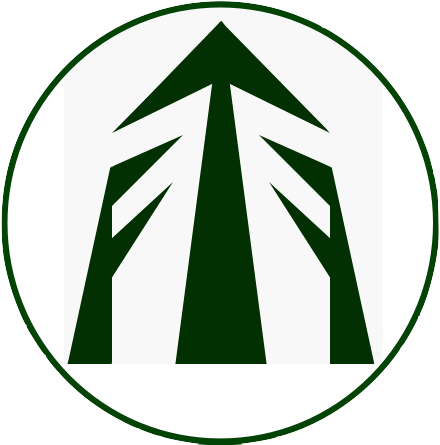Harvesting & Milling Indigenous Timber on Private Land
Owners of land with indigenous forests have several options if they wish to harvest and mill indigenous timber. The milling of native timber is regulated by the Forests Act which was amended in 1993 for the purpose of ‘the promotion of sustainable management of indigenous forests’ There are approximately 1.2 million hectares of privately owned indigenous forest in New Zealand, of which of which 25% may be suitable for sustainable management and ongoing production of a relatively small quantity of indigenous timber.
There are four approval types;
- Sustainable forest management (SFM) plans; Long term (50 year) approval of an annual allowable harvest, set at a rate that the forest could sustain in perpetuity.
- Sustainable forest management (SFM) permits; Shorter 10 year term approval of a capped volume.
- Personal use approvals.
- Milling Statements for trees that fit specified circumstances, e.g. dead standing or wind thrown trees or salvage timber, planted indigenous forests etc.
Currently there are 82 000 ha of privately owned indigenous forests being managed under sustainable management Plans and Permits. Sustainable forest management prescriptions minimise the effects of the harvest by restricting harvest intensity and impacts so the forests natural values will be maintained. If there is insufficient natural regeneration, prescriptions may require exclusion of stock, control of pests and/or planting of seeding at the rate of five per harvested tree. Approximately 23 000 m3 of indigenous logs reach sawmills each year.
The control point of the Forests Act is the sawmill. A sawmill may only cut indigenous timber if it is registered with MPI and there is an approval issued by MPI for the timber consignment. The Forests Act definition of a sawmill is very broad. Anything that produces sawn timber or woodchips is defined as a sawmill, so portable sawmills and Alaskan type chainsaw mills are included. There are 167 sawmills registered to mill indigenous timber in NZ, a third of them have received indigenous timber in the last six months.
Planted indigenous forests certificates can be issued by MPI to owners of indigenous plantations. The certificates provide evidence the indigenous forest is a plantation for the purposes of obtaining a milling statement at a later date. Planted indigenous forests are not subject to sustainable forest management prescriptions.
MPI does not charge any fee for processing and issuing Forests Act approvals. There is a sawmill registration fee for sawmills however - $115 a year. Milling indigenous timber without an approval and/or a registered sawmill is an offence under the Forests Act with a penalty of up to $200 000.
Landowners or saw millers with questions or wanting more information can contact MPI on 0800 008333 or email indigenous.forestry@mpi.govt.nz
Stephen Rolls. Senior Forestry Analyst
MPI
Disclaimer: While every effort is made to ensure the accuracy of the information provided on this site, Farm Forestry Timbers Society do not accept liability for any consequences arising from reliance on the information published. If readers have any doubts about acting on any articles they should seek confirming, professional advice.
 Farm Forestry New Zealand
Farm Forestry New Zealand Farm Forestry Timbers - Headlines
Farm Forestry Timbers - Headlines